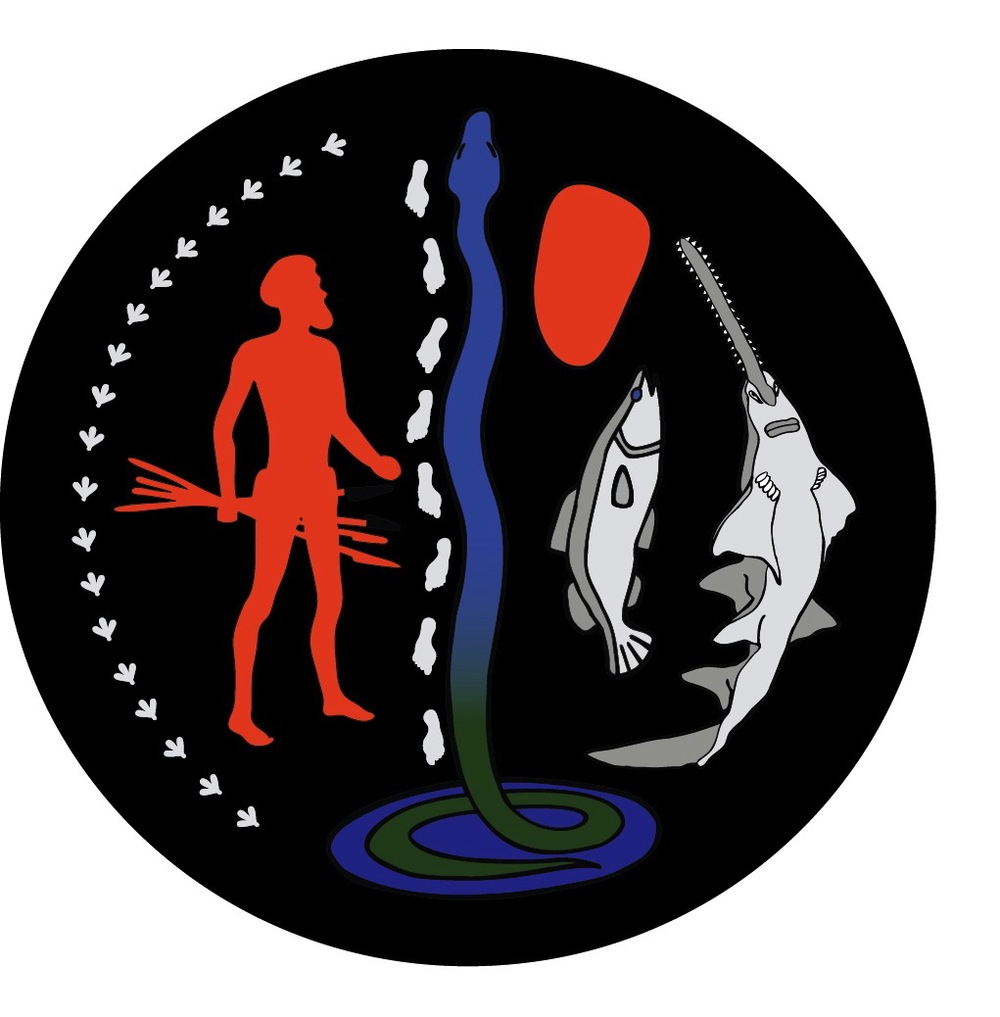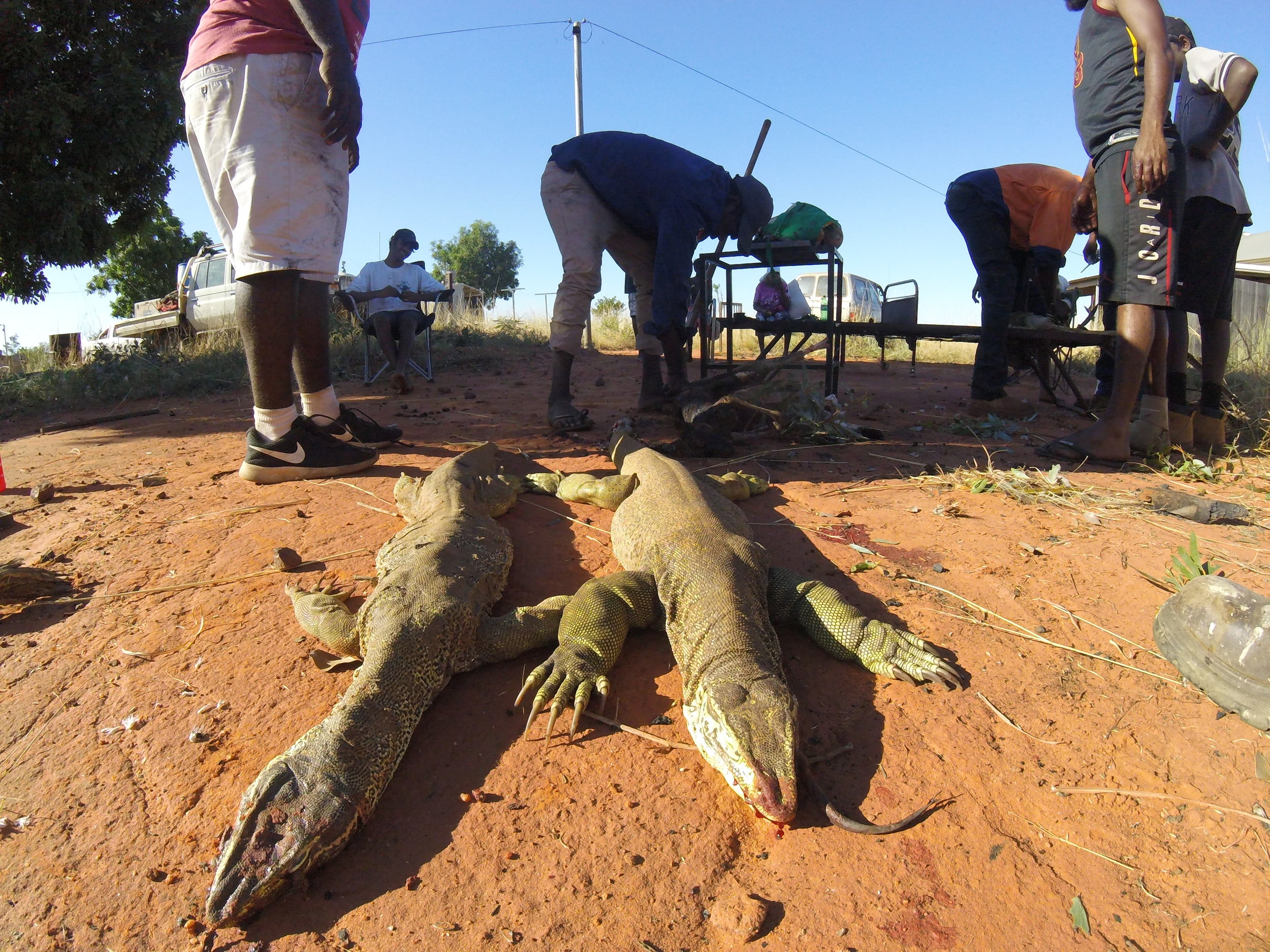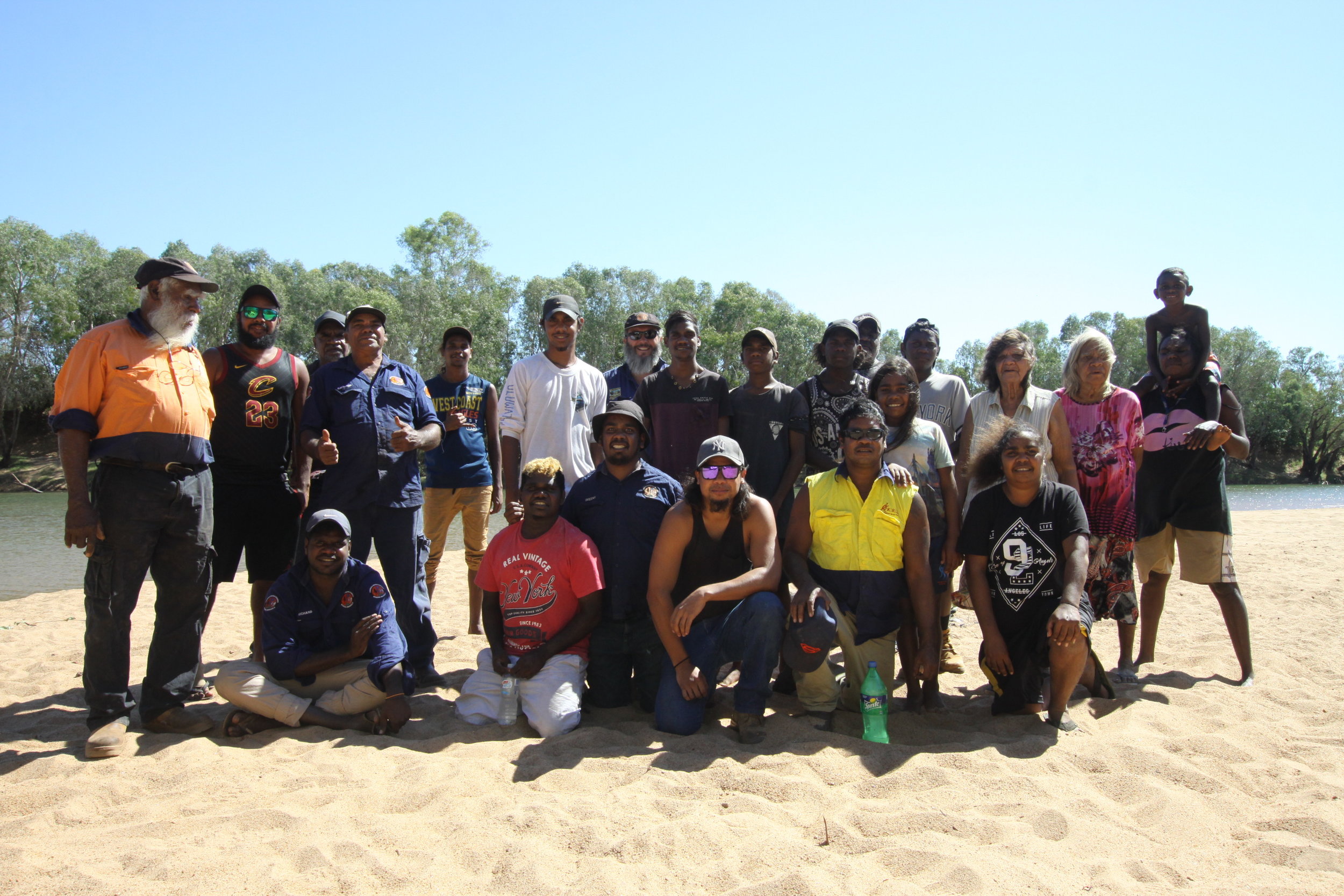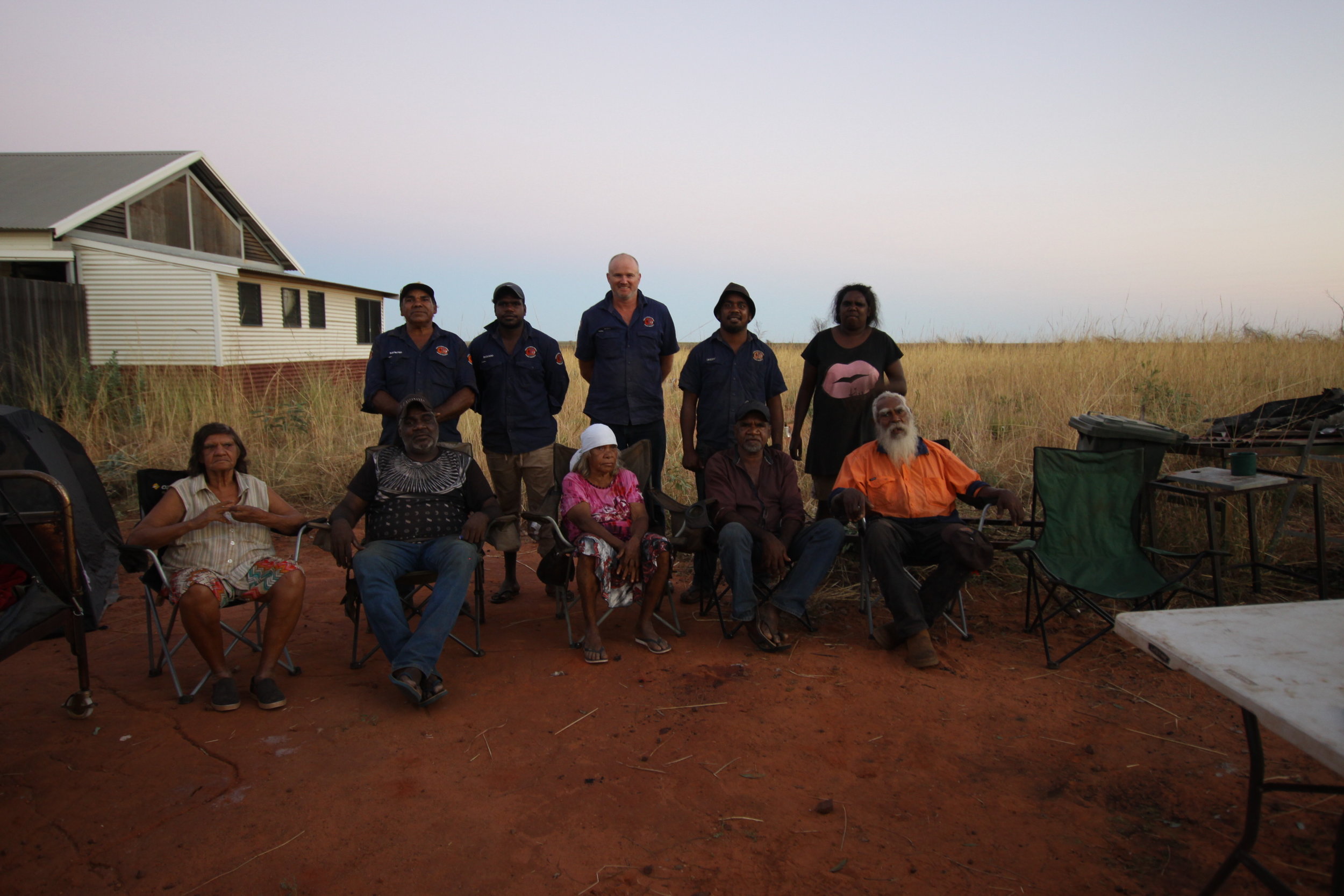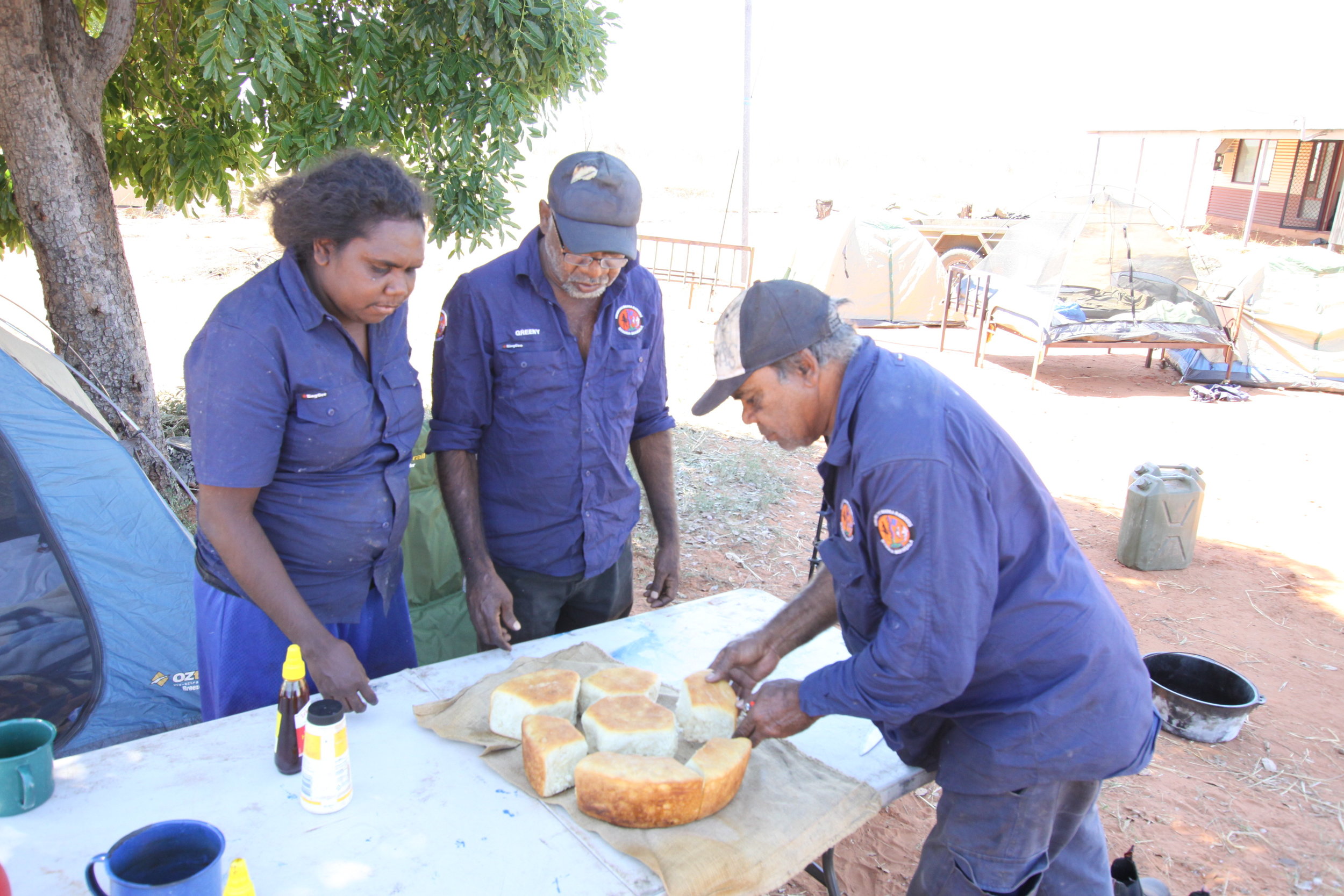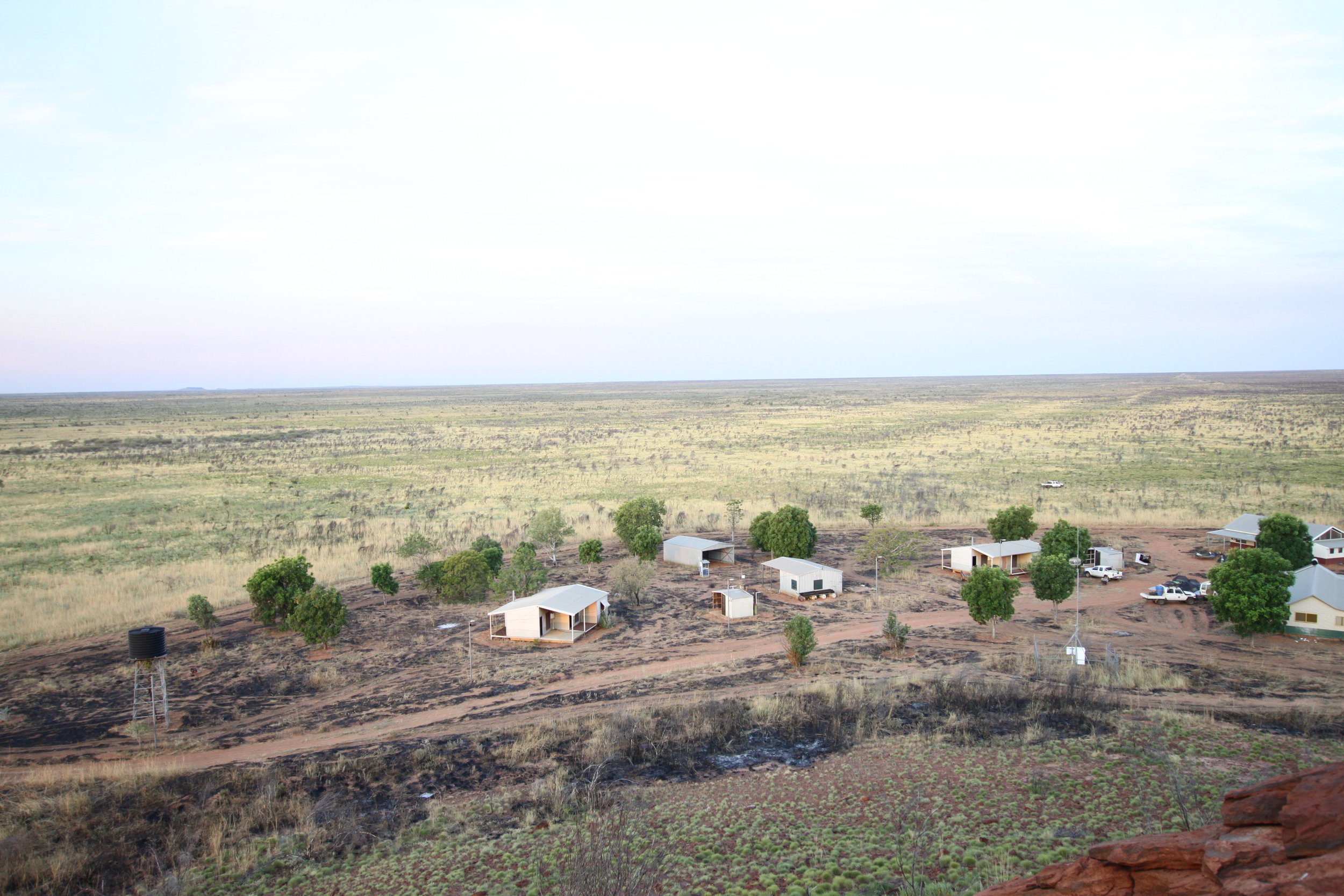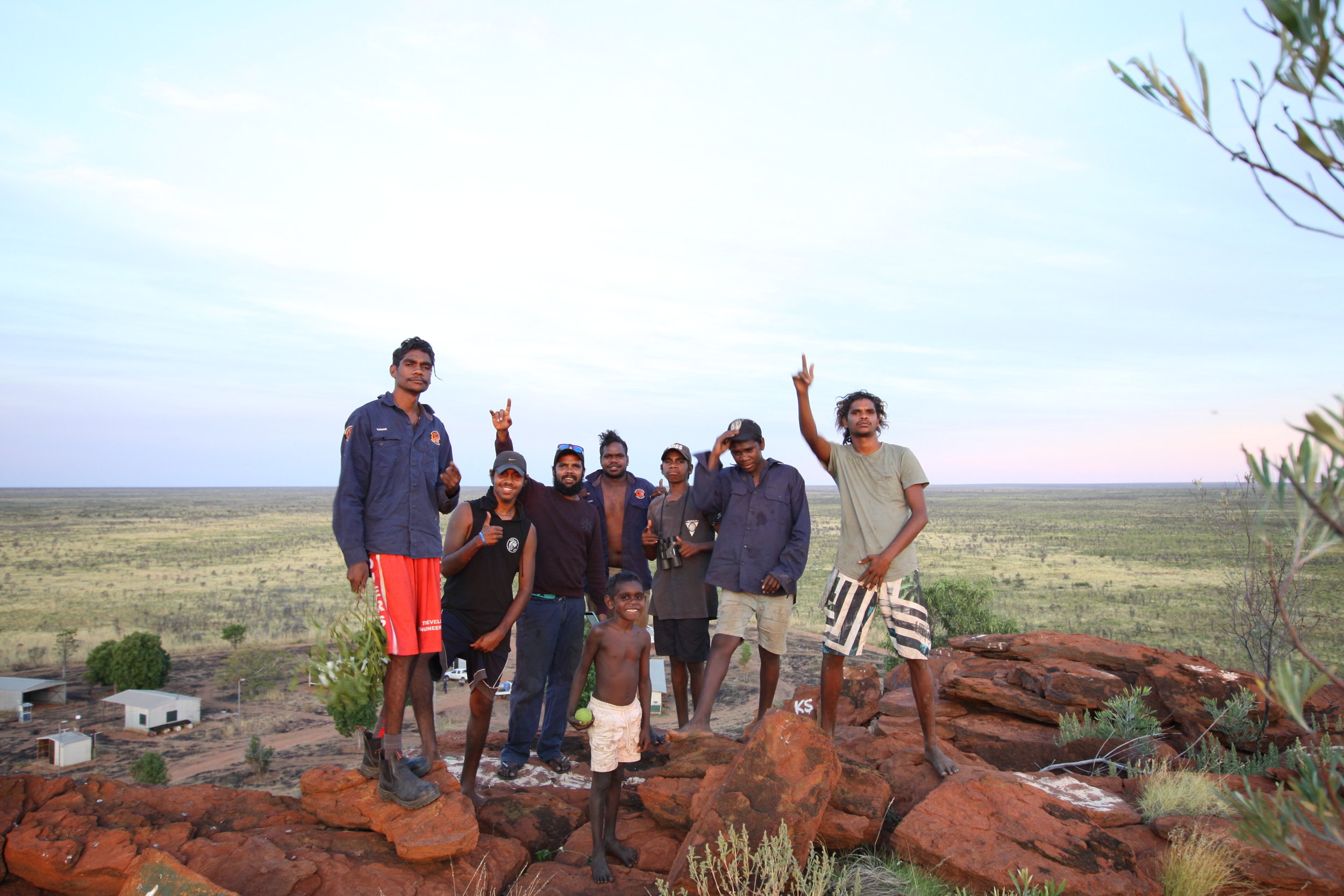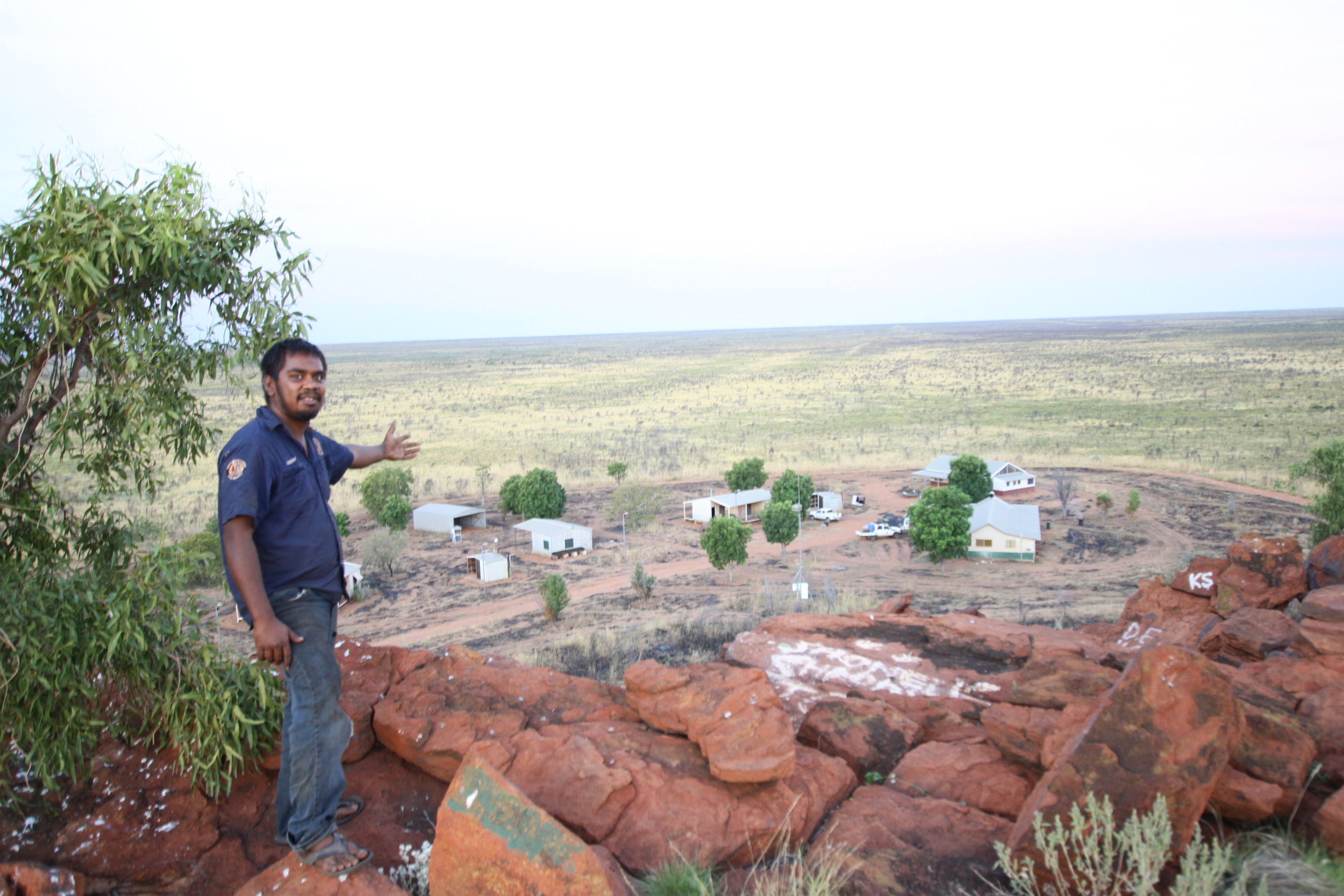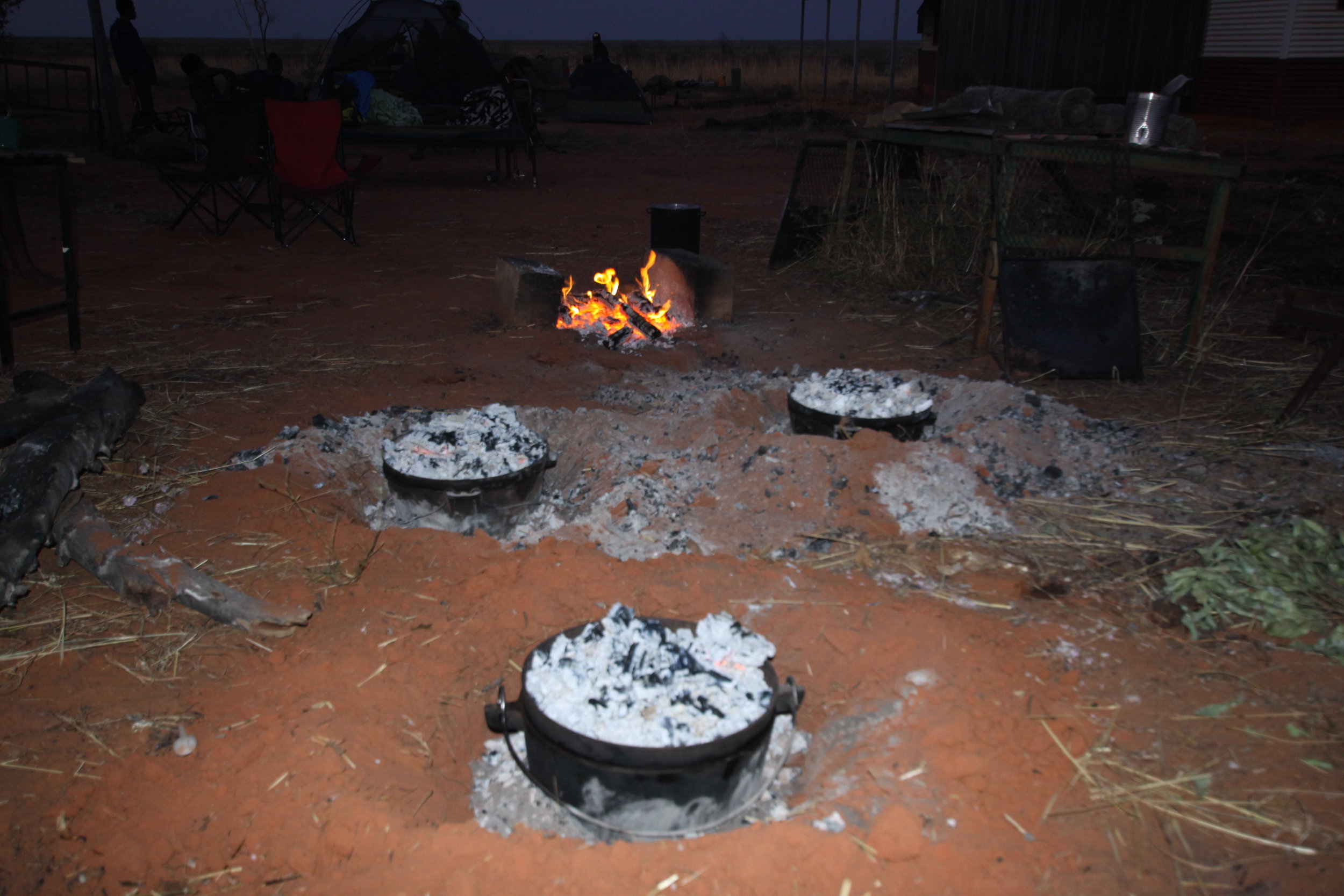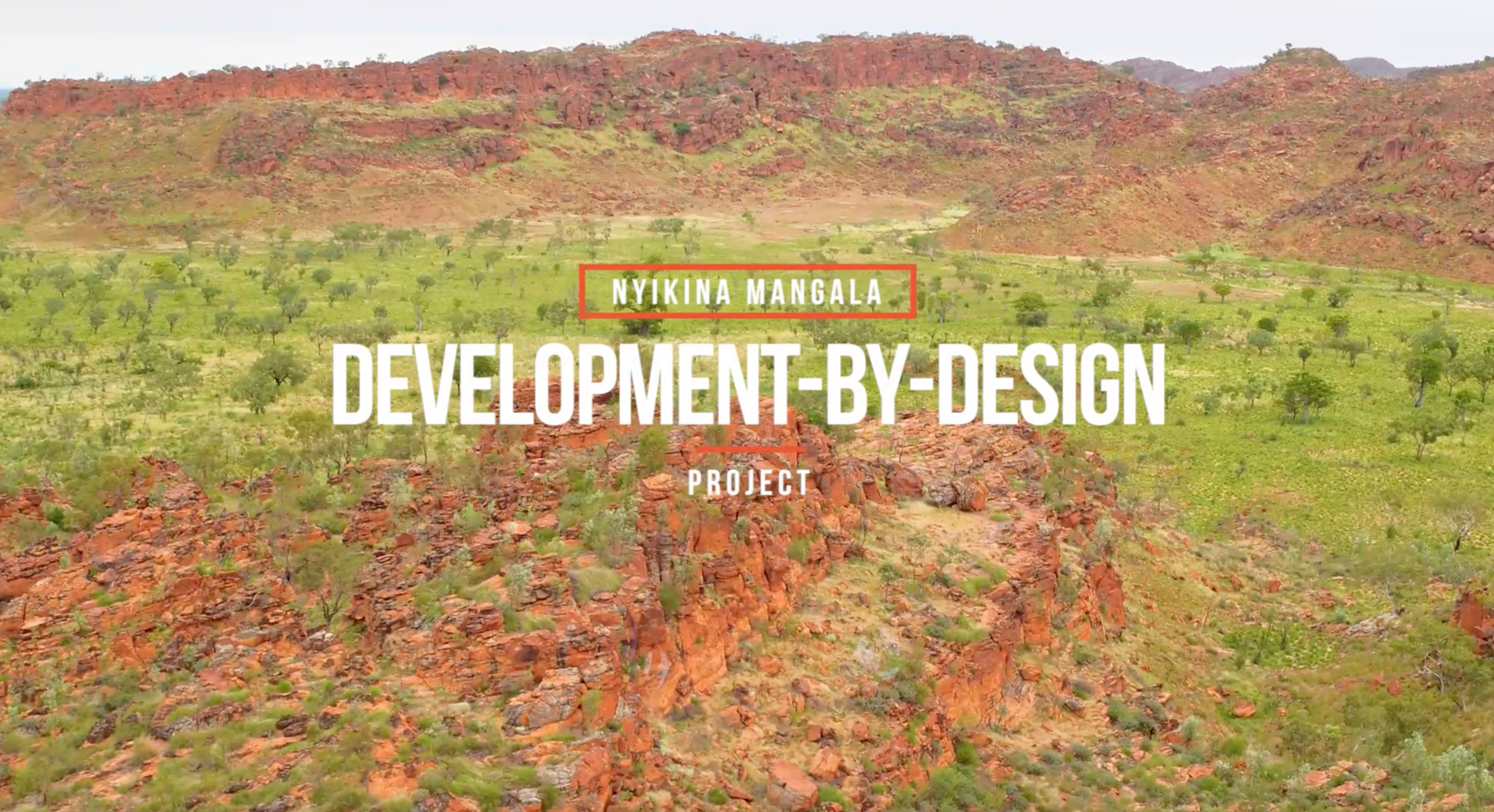Walalakoo Aboriginal Corporation (WAC), the Registered Native Title Body Corporate for the Nyikina Mangala Native Community, the custodians of the land and waters to the north and south of the western section of the Mardoowarra Fitzroy River, makes the following comments in relation to the recent decision of the WA State Government to permit fracking in parts of Western Australia.
“Walalakoo Aboriginal Corporation has significant concerns that the fracking ban covering 98 per cent of the state does not apply to many of the petroleum titles located across the Nyikina Mangala traditional lands.
We also question how a scientific led report can ban fracking across 98 per cent of the state, yet allow the practice on the remaining 2 per cent of the state’s land mass.
Walalakoo supports the principle of free, prior and informed consent and welcomes the apparent veto right for landowners. However, it remains unclear how this right to veto will be applied in practice. Walalakoo calls for urgent action by the government to enshrine this right to veto in legislation.
Walalakoo requests the WA State Government to stop all fracking activities until appropriate consultations with affected land owners has occurred in relation to all aspects of the new policy.”
Nyikina Mangala People have called for a ban on fracking on their traditional lands until there is extensive scientific evidence that supports it can be carried out safely. The Corporation and its Members take their Native Title responsibilities very seriously and each decision is considered with our cultural, social and environmental values at the forefront.
Media Enquiries: Damien Parriman 0402 577 415
